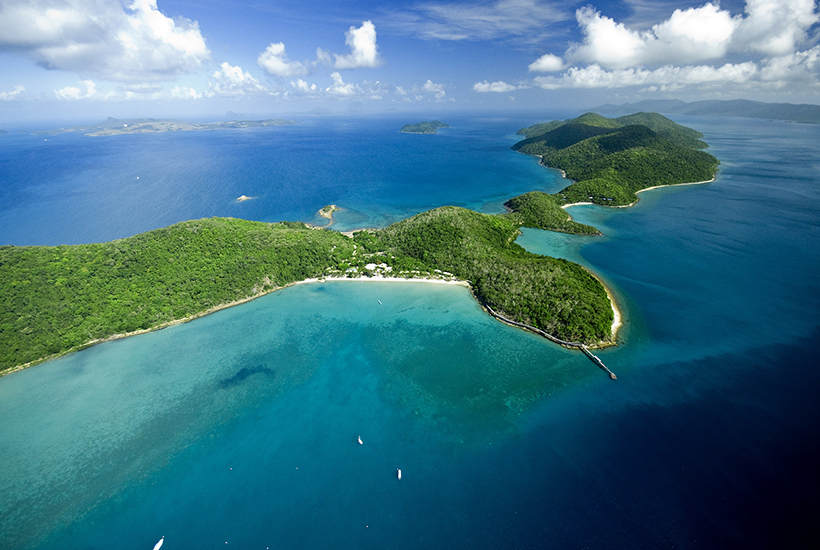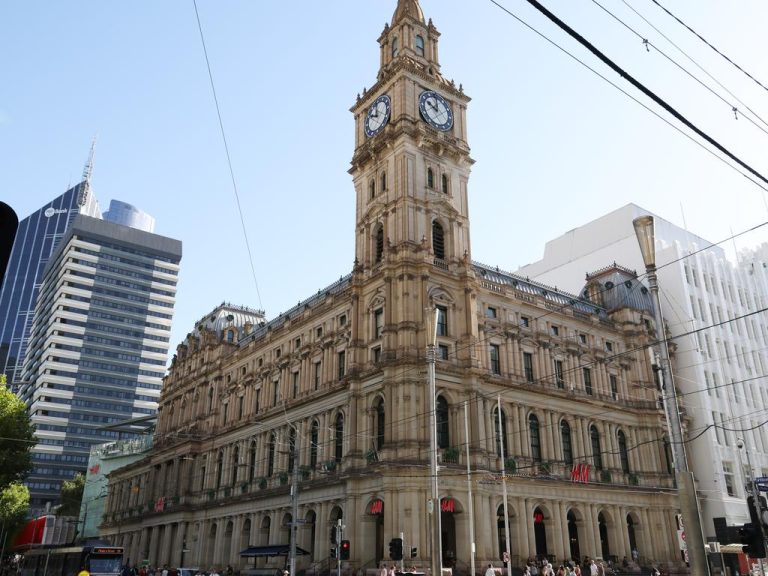The beginner’s guide to buying a private island

Buying your own private island is the ultimate luxury for many Australians.
Wouldn’t we all love our own personal or commercial oasis, off the mainland and away from the hustle and bustle of everyday life?
Surprisingly it’s a prospect that’s not out of reach for many Australians, with at least one island currently on the market for as little as $385,000 and another off the Tasmanian cost asking less than $2 million,
But is buying a private island all it’s cracked up to be? What things do you need to consider? Where should you start?
Here’s your beginner’s guide to buying a private island.
Costs you need to consider
You might be surprised to learn there are actually few additional costs associated with the purchase of a private island.
Richard Vanhoff, from specialist island real estate agency Australian Islands, says there’s little difference between purchasing an island or purchasing a property on the mainland.“Most councils value an island the same way they do on a mainland property,” Vanhoff says.
“It depends on what’s on the island. If it’s already got a house on it then they’ll probably charge you some additional fees. But if it’s vacant, you’re also going to have some additional costs in sorting out your own electricity and own water.”
Most islands are leasehold
Though you’ve paid to purchase the island, in most cases you won’t actually ‘own’ it.
Freehold islands (where you own the land) are very rare, and instead most islands are leasehold, which means the government owns the land and you own the lease over it.
The good news is that the leasehold is effectively yours for life (and beyond), Vanhoff says.“You take a take on the property under a lease term, and that lease term can be from 25 years to 75 years. All leases are renewable and some of them are what they call a ‘rollover’ – once they’ve hit their term, they’ll automatically roll over to the next 75 years.”

Ninth Island, off the coast of Tasmania.
Rules about what you can build
Just like on the mainland, islands are zoned and approved for particular uses.
That means that if as island is zoned as residential, you’re not allowed to put a hotel or tourism project on it unless the applicable government department agrees to a zoning change, which Vanhoff says is rare.
“It’s all about your justification and convincing the departments. I’m not saying they won’t do it, but they are reluctant to change the status of an island,” he says.
“But if you’ve got a compelling argument then they’ll definitely listen. We’ve found they’ll generally let you do what you want to do, within reason.”
Do you need special approval?
In most cases, no.
A private island is just like any other piece of property in Australia, and can be purchased if you’ve got the money and the means to do it.
However if you want to build on the island then you’ll need to gain planning approval.
Similarly, if you want to put livestock or light agriculture on your island to mitigate some of the costs of purchasing or owning it, you will need to make an application.

Elizabeth Island in Victoria’s Western Port Bay.
Do you need to pay tax on a private island?
For a residential island, the tax implications are essentially the same as if you’ve purchased a property back home.
But if you’re putting a commercial enterprise on your island you’ll have the benefit of being able to claim a myriad of deductions as part of running the business.
Where should you start?
Speaking to a real estate agent with a history of dealings in the island market is a good start for any would-be island buyers, as the market is quite specialised and listings are rare.







